Myanmar police fired on protesters around the country on Sunday in the bloodiest day of weeks of demonstrations against a military coup and at least 18 people were killed, the U.N. human rights office said.
Police were out in force early and opened fire in different parts of the biggest city of Yangon after stun grenades, tear gas and shots in the air failed to break up crowds. Soldiers also reinforced police.
Several wounded people were hauled away by fellow protesters, leaving bloody smears on pavements, media images showed. One man died after being brought to a hospital with a bullet in the chest, said a doctor who asked not to be identified.
“Police and military forces have confronted peaceful demonstrations, using lethal force and less-than-lethal force that – according to credible information received by the UN Human Rights Office – has left at least 18 people dead and over 30 wounded,” the U.N. human rights office said in a statement.
“Use of lethal force against non-violent demonstrators is never justifiable under international human rights norms,” the statement added.
Myanmar has been in chaos since the army seized power and detained elected government leader Aung San Suu Kyi and much of her party leadership on Feb. 1, alleging fraud in a November election her party won in a landslide.
The coup, which brought a halt to tentative steps towards democracy after nearly 50 years of military rule, has drawn hundreds of thousands onto the streets and the condemnation of Western countries.
Among the dead were three people in Dawei in the south, politician Kyaw Min Htike told Reuters from the town.
The Myanmar Now media outlet reported two people had been killed in a protest in the second city of Mandalay. Security forces fired again later in the day and one woman was killed, Mandalay resident Sai Tun told Reuters.
“The medical team checked her and confirmed she didn’t make it. She was shot in the head,” Sai Tun said.
Police and the spokesman for the ruling military council did not respond to phone calls seeking comment.
Download the NBC News app for breaking news and politics
The dead in Yangon included a teacher, Tin New Yee, who died after police swooped to disperse a teachers’ protest with stun grenades, sending the crowd fleeing, her daughter and a fellow teacher said.
Police also hurled stun grenades outside a Yangon medical school, sending doctors and students in white lab coats scattering. A group called the Whitecoat Alliance of medics said more than 50 medical staff had been arrested.
Police broke up protests in other towns, including Lashio in the northeast, Myeik in the deep south and Hpa-An in the east, residents and media said.
Junta leader General Min Aung Hlaing said last week authorities were using minimal force to deal with the protests.
Nevertheless, at least 21 protesters have now died in the turmoil. The army said a policeman has been killed.
The crackdown would appear to indicate determination by the military to impose its authority in the face of defiance, not just on the streets but more broadly in the civil service, municipal administration, the judiciary, the education and health sectors and the media.
“We are heartbroken to see the loss of so many lives in Myanmar,” the U.S. embassy in the country tweeted. “People should not face violence for expressing dissent against the military coup. Targeting of civilians is abhorrent.”
“The Myanmar security forces’ clear escalation in use of lethal force in multiple towns and cities … is outrageous and unacceptable,” Phil Robertson, deputy Asia director of New York-based Human Rights Watch, said in a statement.
State-run MRTV television said more than 470 people had been arrested on Saturday when police launched the nationwide crackdown. It was not clear how many were detained on Sunday.
State television announced on Saturday that Myanmar’s U.N. envoy had been fired for betraying the country, after he urged the United Nations to use “any means necessary” to reverse the coup.
The ambassador, Kyaw Moe Tun, remained defiant. “I decided to fight back as long as I can,” he told Reuters in New York.
While Western countries have condemned the coup and some have imposed limited sanctions, the generals have traditionally shrugged off diplomatic pressure. They have promised to hold a new election but not set a date.

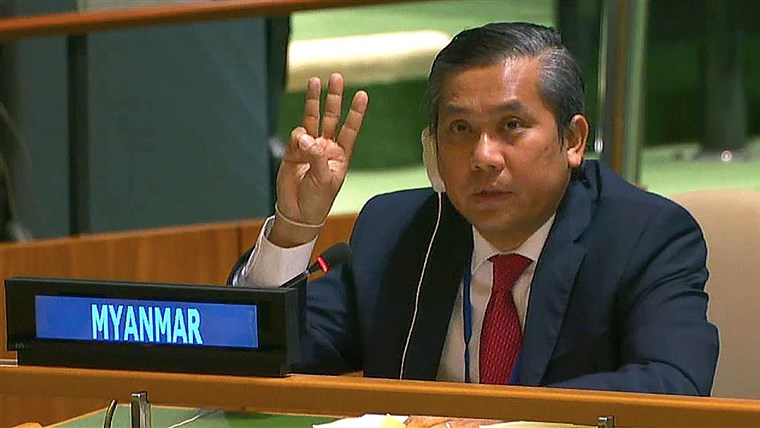
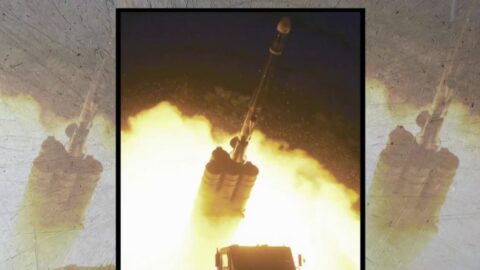
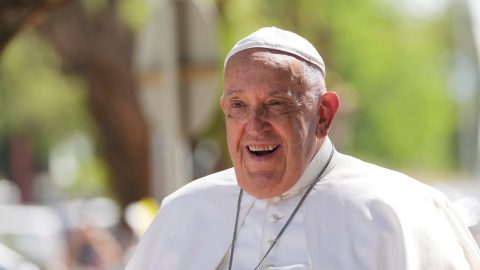
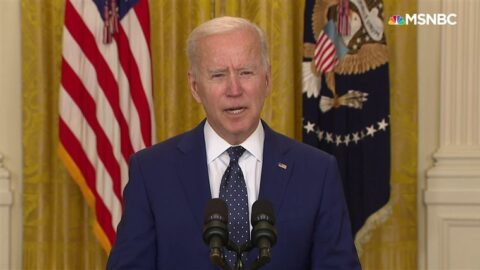
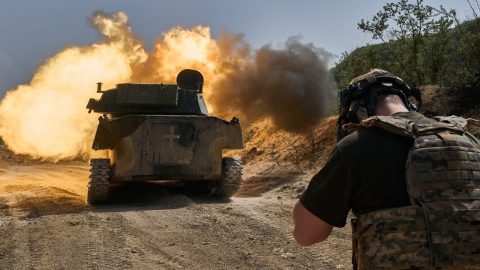
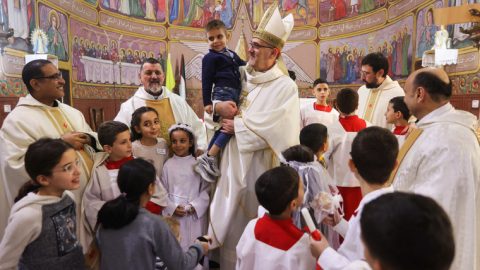

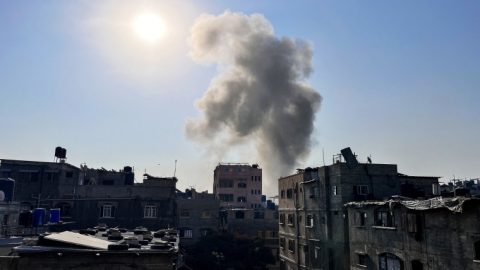
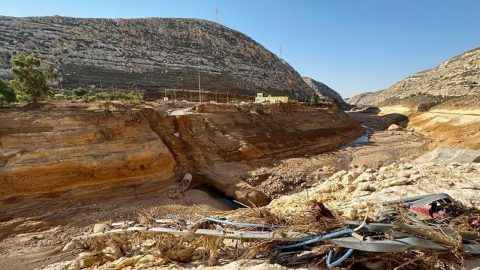
Recent Comments